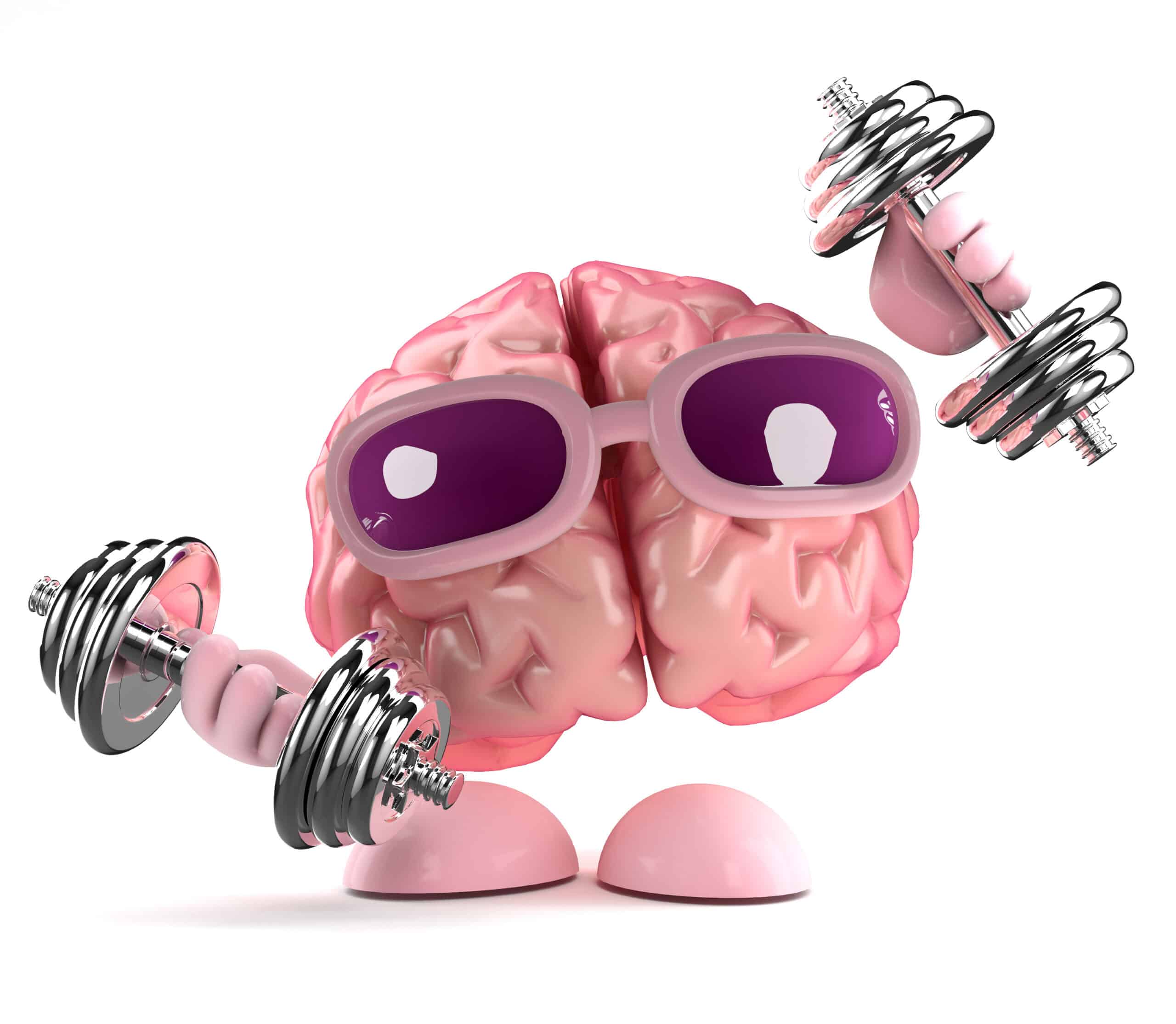Most nutritionists highlight the most important strategy in cognitive fitness is to follow a healthy dietary pattern that includes a large portion of fruits, vegetables, legumes, and whole foods while trying to obtain protein from plant-based sources, fish, and choosing healthy fats like olive oil rather than saturated fats.
Certain foods are particularly rich in healthful components such as antioxidants, B vitamins, and omega-3 fatty acids that are documented to support brain health. By incorporating as many of these foods into your diet as possible on a regular basis you are helping to improve the health of your brain, and this could translate into better mental function. According to research some of the best choices are also some of the same ones that help to protect your heart and blood vessels making them win-win.
Some of these choices include but are not limited to:
- Tea and coffee can offer a short-term memory burst. Studies suggest they might also help to solidify new memories.
- Fatty fish are great sources of omega-3 fatty acids and healthy unsaturated fats that are linked to lower blood levels of beta-amyloid proteins that can form clumps in the brain.
- Berries are excellent sources of flavonoids that have been shown to help improve memory and delay memory decline.
- Walnuts are great sources of healthy fats and protein that may help to improve memory.
- Green leafy vegetables like spinach, collards, and broccoli are rich in vitamin K, lutein, beta carotene, and folate which are suggested to help slow cognitive decline.
Another important part of cognitive fitness is to exercise your brain, which can be done in numerous ways such as doing crossword puzzles, sudoku, reading, painting, learning a new skill, language or musical instrument, and continuing education among other cognitive fitness boosting activities. Intellectually challenging activities help to keep the brain agile by reinforcing the neural connections that are important to preserving memory.
Nurturing close bonds and staying connected with friends and family can also help to keep your brain active and help to protect cognitive function as you age. Staying connected also helps with mental health and reducing stress which are very important to cognitive fitness. Maintaining close social ties and participating in meaningful social activities may help to maintain cognitive skills later in life and slow down cognitive decline.
Perhaps one of the most overlooked factors in brain health is getting enough sleep. Sleep is important to a number of brain functions including how neurons communicate with each other. The brain is surprisingly active while you are sleeping, and studies suggest that sleep plays a role in consolidating memories, and in brain housekeeping that removes toxins that build up while you are awake.




